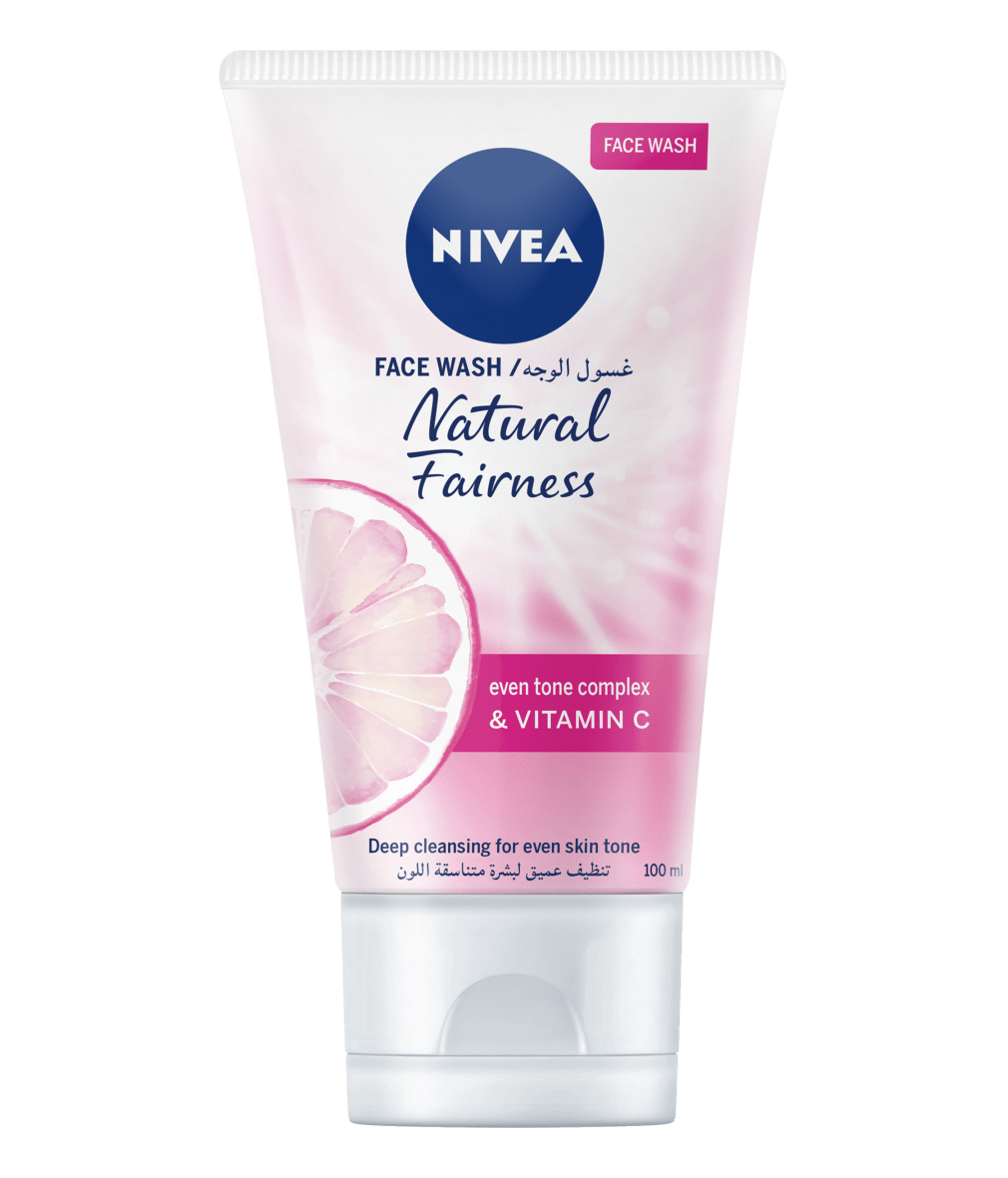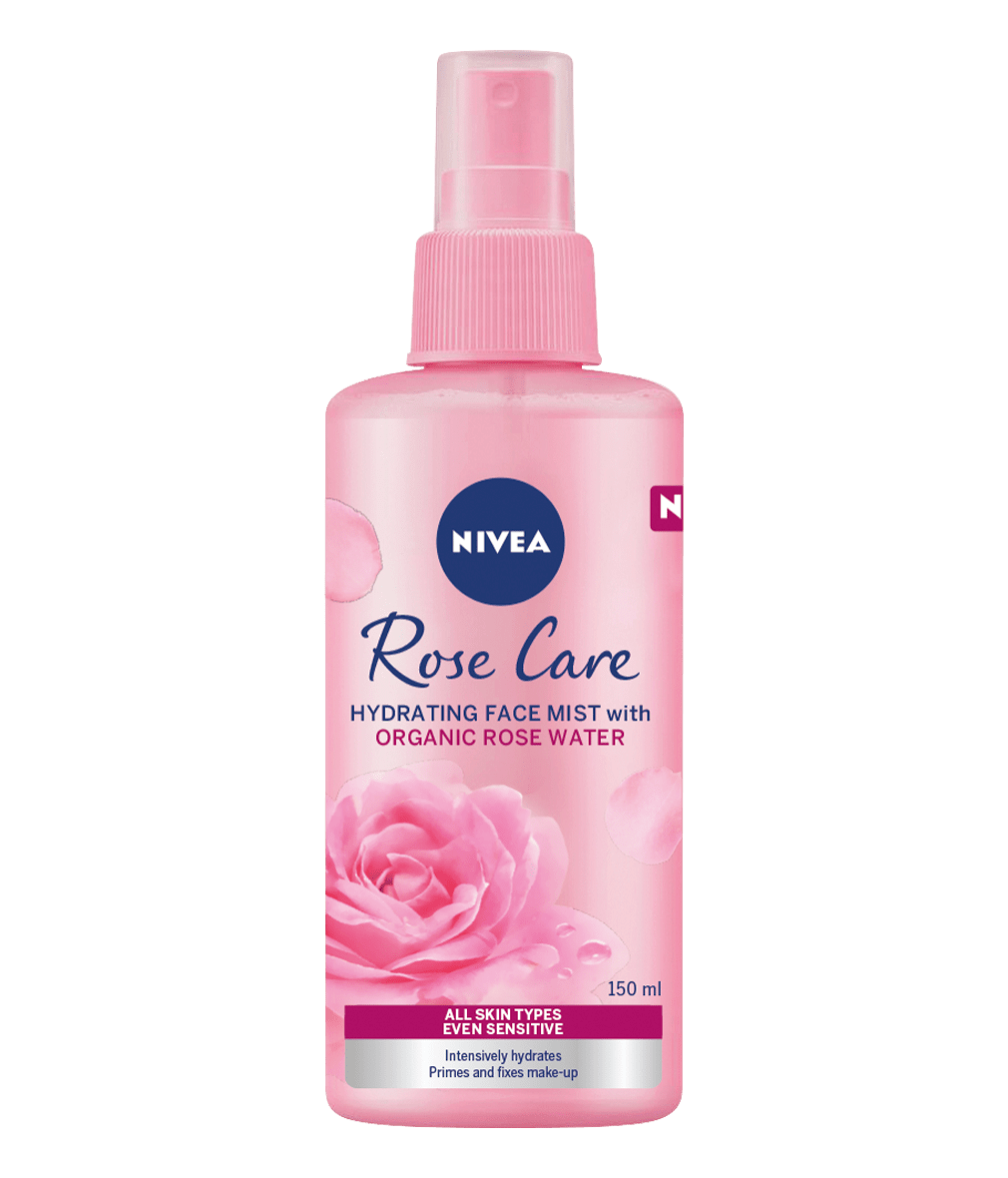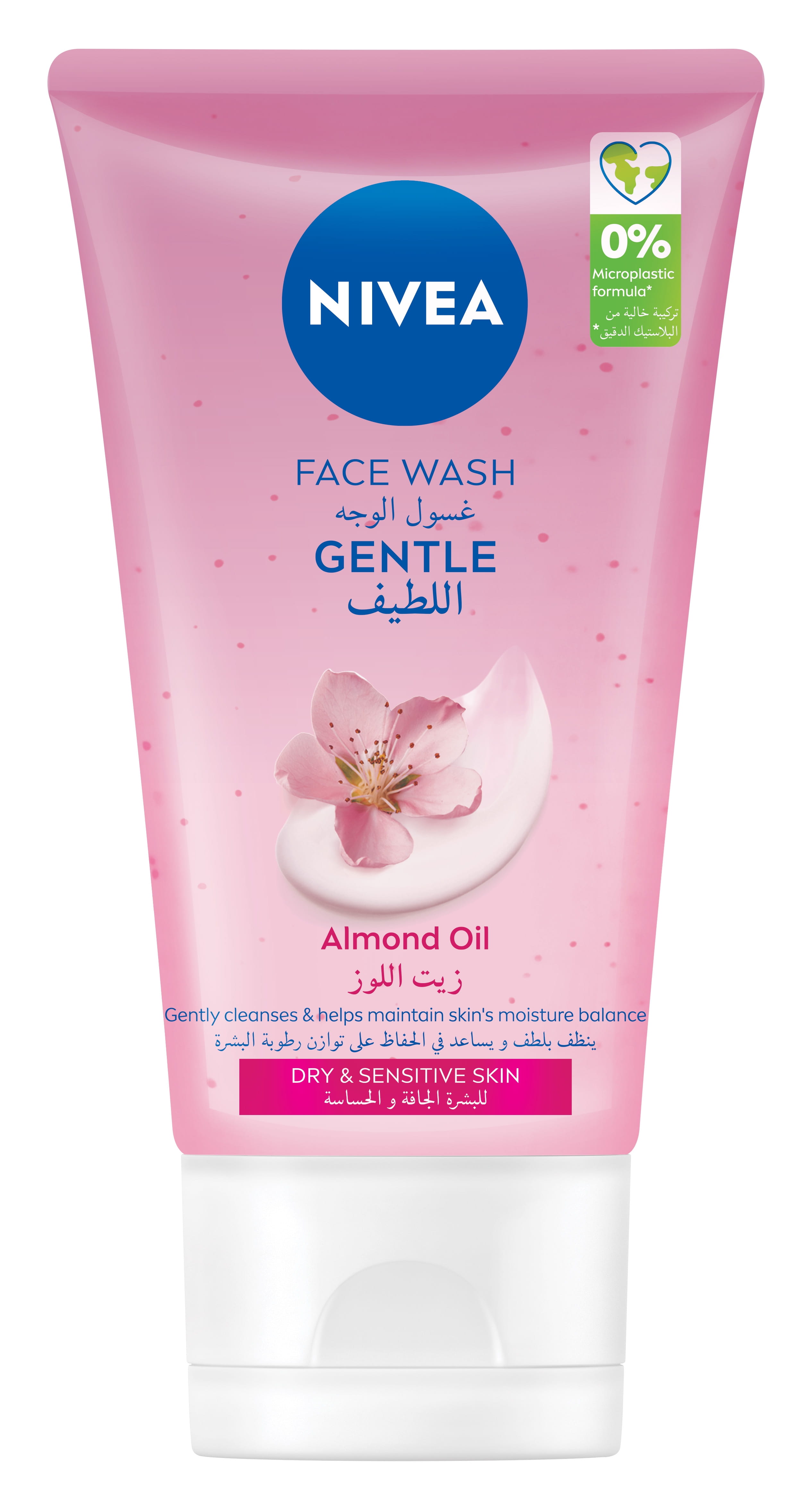
Good Night’s Sleep To Regenerate Your Skin
We all know that a good night’s sleep is essential for overall health and well-being, but did you know it's also crucial for your skin's health? This article explores the importance of quality sleep for your skin, how to optimize your sleep, the science behind skin regeneration during sleep, and the best night skincare routine to support this natural process. By the end, you’ll understand how sleep affects your skin and how to enhance this nightly rejuvenation with the help of NIVEA products.






